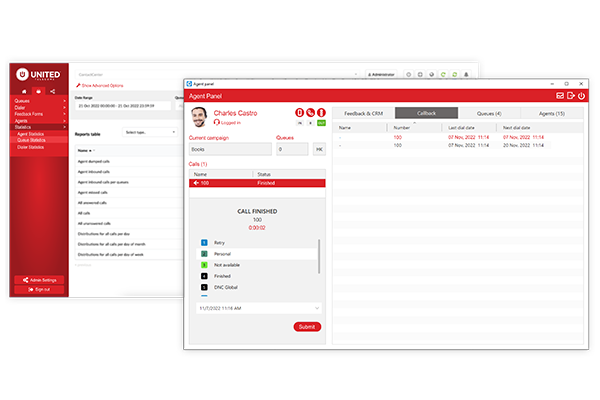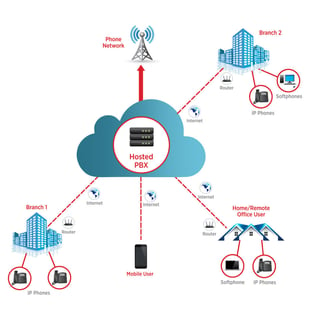Discover effective strategies to ensure you never miss an inbound customer call again and boost your overall productivity.
Understanding the impact of missed customer calls in your business
Missing inbound customer telephone calls to your office can be extremely costly. Not only does it result in potential financial losses, but it also frustrates customers and may even lead to losing them. Customers expect businesses to be available and responsive, and when their calls go unanswered, it creates a negative impression.
In today's competitive business landscape, every customer interaction counts. A missed call could mean a missed opportunity to address a customer's needs, provide assistance, or close a deal. It's essential to understand the impact that missed customer calls can have on your business and take proactive steps to mitigate this issue.
Implementing a reliable call tracking system
To ensure you never miss an inbound customer call again, it's crucial to implement a reliable call tracking system. This system allows you to keep track of all incoming calls, whether answered or missed. By capturing data about missed calls, you can gain valuable insights into customer behavior and patterns.
A reliable call tracking system enables you to identify the reasons behind missed calls. It could be due to high call volumes, insufficient staff, or inefficient call handling processes. Once you have identified these issues, you can take appropriate actions to address them and improve your call response rate.
Additionally, a call tracking system provides a record of missed calls, allowing you to follow up with customers who were unable to reach you. This demonstrates your commitment to customer satisfaction and helps you regain any potential business that may have been lost.
Leveraging cloud PBX telephony technology to improve customer service
Cloud PBX telephony technology offers a powerful solution for businesses looking to enhance their customer service and never miss an inbound call. With this technology, your business can have a virtual phone system hosted in the cloud, eliminating the need for traditional phone lines and equipment.
One of the key advantages of cloud PBX telephony is its scalability. It allows you to easily handle high call volumes and distribute calls efficiently to available agents. This ensures that no call goes unanswered and that customers receive prompt assistance.
Moreover, cloud PBX telephony technology offers advanced call routing capabilities. Calls can be intelligently routed to the most appropriate agent based on factors such as skillset, availability, or language proficiency. This ensures that customers are connected to the right person who can address their specific needs, resulting in improved customer satisfaction and loyalty.
By leveraging cloud PBX telephony technology, businesses can streamline their communication processes, improve call handling efficiency, and ultimately enhance the overall customer service experience.
Training your team for efficient call handling using technology
Implementing technology alone is not enough to ensure efficient call handling. It's essential to train your team on how to effectively utilize the tools and resources available to them.
Training your team for efficient call handling involves providing them with the necessary knowledge and skills to handle customer calls effectively. This includes teaching them how to use the call tracking system, navigate the cloud PBX telephony technology, and handle various customer scenarios.
Additionally, training should focus on developing strong communication and problem-solving skills. Agents should be trained to actively listen to customers, ask relevant questions, and provide accurate information or solutions. By equipping your team with the right skills and knowledge, you can ensure that every customer call is handled efficiently and professionally.
.png?width=600&height=400&name=pbxware-cc2%20(1).png)
|

|
Analyzing call data to optimize customer experience and enhance productivity of employees
Analyzing call data is crucial for optimizing the customer experience and enhancing the productivity of your employees. By reviewing call data, you can identify trends, patterns, and areas for improvement.
Call data analysis allows you to gain insights into customer preferences, peak call times, and frequently asked questions. Armed with this information, you can make data-driven decisions to improve your processes, allocate resources effectively, and provide a more personalized customer experience.
Furthermore, analyzing call data enables you to identify any bottlenecks or inefficiencies in your call handling processes. You can pinpoint areas where agents may need additional training or support, allowing you to enhance the productivity of your employees and ensure that every customer call is handled efficiently.
In conclusion, analyzing call data is an essential step in optimizing your business operations and delivering exceptional customer service.




